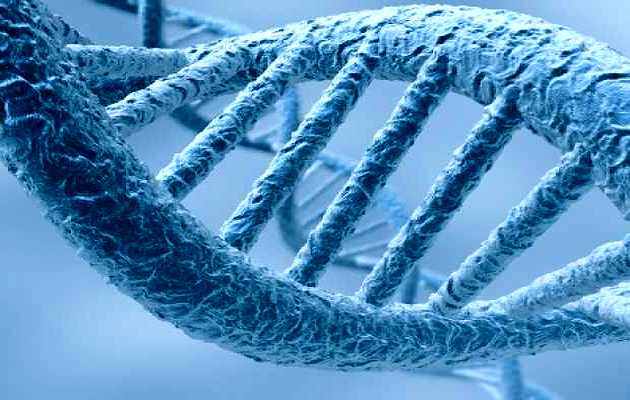
The Church of England has come out in opposition of the technique. "Once the gene is out of the bottle, there will be no going back for society," said Christian MP Fiona Bruce.

The United Kingdom could become the first country to allow three people to parent one child -- after a fashion, anyway. The technique, which uses donated DNA from a third party to cut out the risk of certain genetic disorders that the parents might pass on, was put to a vote Tuesday in the House of Commons. If the bill (which passed 382-128) gets the backing of the House of Lords later this month, this method of DNA donation would become legal in the UK in October of 2015.
If it passes, then the first 'three-parent baby' could be born in 2016.
CHRISTIAN MP: "THERE WILL NO GOING BACK FOR SOCIETY"
Public Health Minister Jane Ellison said that the decision would be "a bold step for parliament to take, but it is a considered and informed step. (...) This is world leading science within a highly respected regulatory regime," she said, adding that for many families it would be a "light at the end of a very dark tunnel."
However, Christian MP Fiona Bruce expressed her concerns about the technique. "[This] will be passed down generations, the implications of this simply cannot be predicted," she said during the debate. "But one thing is for sure, once this alteration has taken place, as someone has said, once the gene is out of the bottle, once these procedures that we're asked to authorise today go ahead, there will be no going back for society."
HOW WILL IT WORK
But how exactly does a baby end up with three "parents," and why is the technique so controversial?
The babies that result from this technique can only attribute around 0.1% of their DNA to the third party, so "parent" is a bit of a strong word, says an article of the Washington Post. The donor provides only their mitochondria. Often called the "power plants" of the cell, the mitochondria converts energy from food into energy that can power a cell. When someone's mitochondria don't function properly, it's bad news indeed.
Mitochondrial diseases can cause a whole host of life threatening problems, and it's estimated that as many as 4,000 children are born with such conditions in the United States each year.
The technique up for vote, which was developed by British researchers, takes a mitochondria from a healthy female donor and combines it with the DNA of two parents in an in-vitro fertilization. This can be accomplished at either the egg stage or the embryo stage: In one method, two eggs are fertilized with the father's sperm -- one from the donor, and one from the mother -- and the parents' genetic information is inserted into the donor's embryo, which has had everything but the mitochondria cleared out.


Last week, 40 experts from 14 different countries signed a letter to The Guardian urging British politicians to support the donation protocol. But the Church of England has come out in opposition of the technique. Naysayers cite ethical concerns: Some take a pro-life stance, arguing against the embryo destruction that occurs during the process. Others have expressed concern that this technique opens the door to "designer babies" chosen for desirable physical or mental traits.
"The biggest problem is that this has been described as three-parent IVF. In fact it is 2.001-parent IVF," Gillian Lockwood, a reproductive ethicist, told the BBC. "Less than a tenth of one per cent of the genome is actually going to be affected. It is not part of what makes us genetically who we are.It doesn't affect height, eye color, intelligence, musicality. It simply allows the batteries to work properly."

Las opiniones vertidas por nuestros colaboradores se realizan a nivel personal, pudiendo coincidir o no con la postura de la dirección de Protestante Digital.
Si quieres comentar o